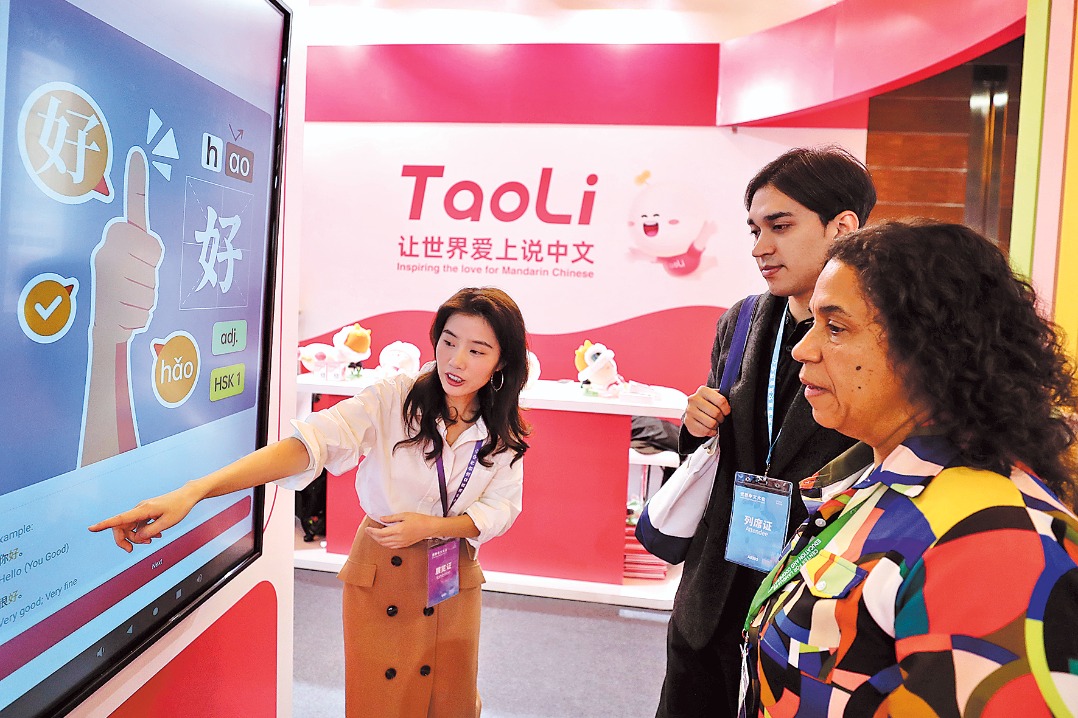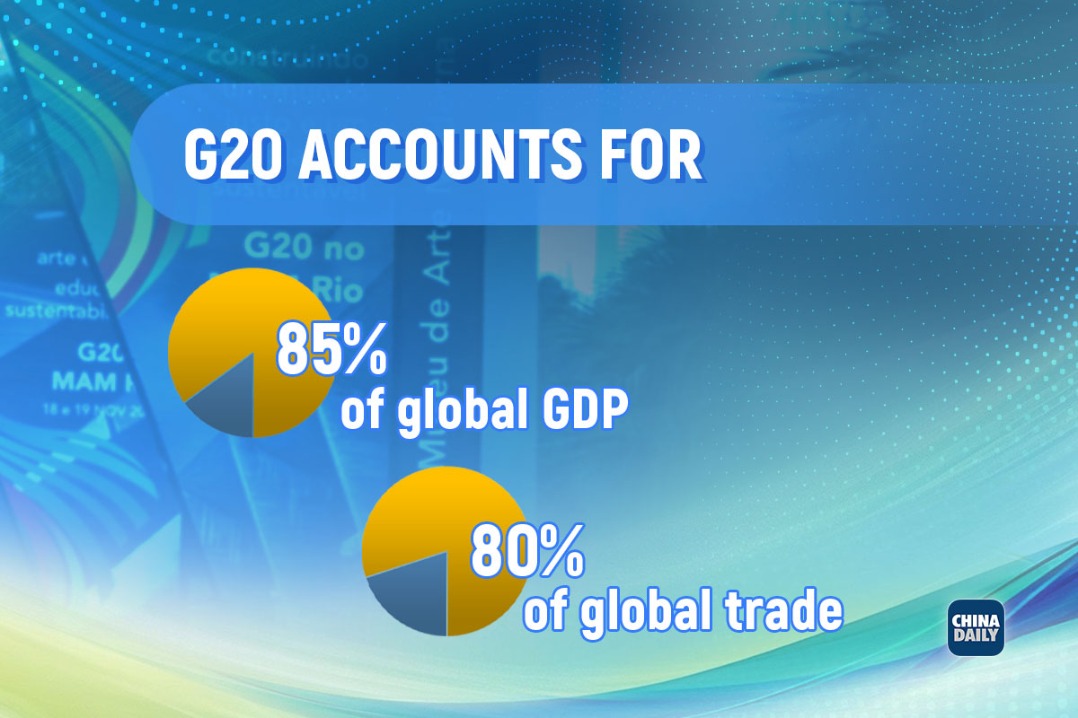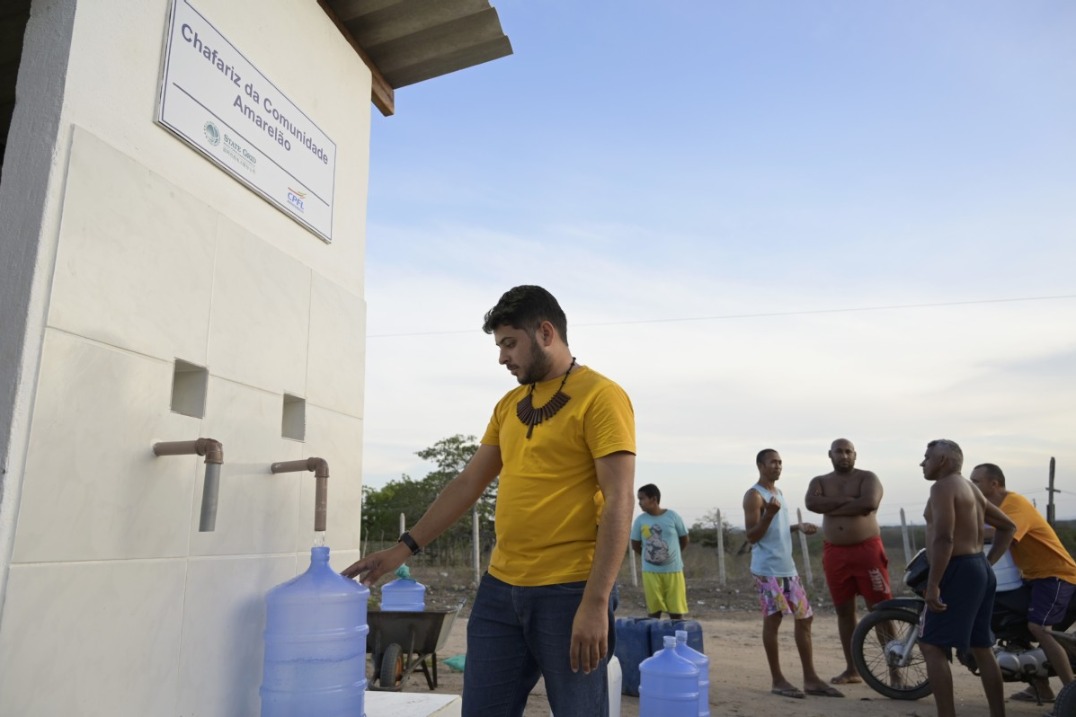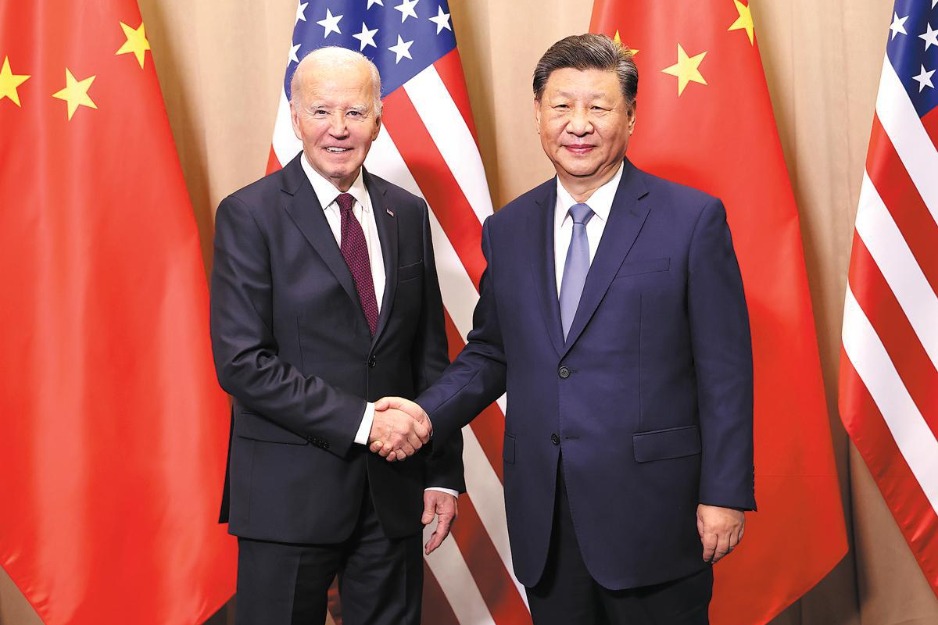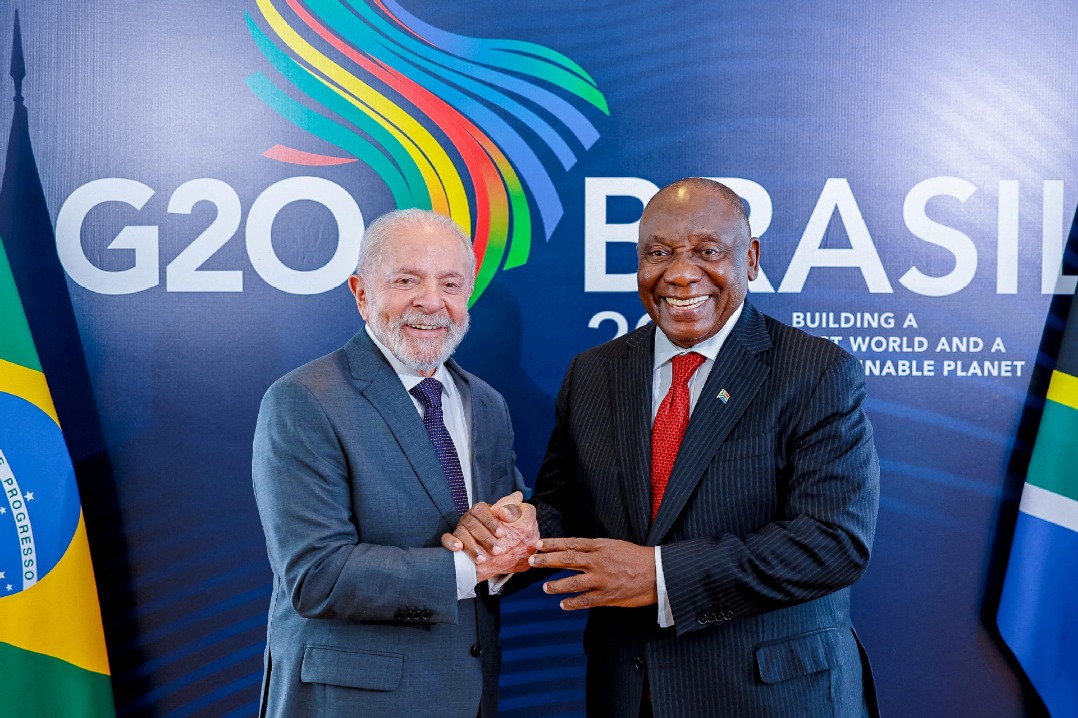iSCAT to lead a sustainable future via tokenization
By Luo Weiteng in Hong Kong | HK EDITION | Updated: 2024-11-18 14:33

Riding high on the innovative application of real-world assets (RWAs), Hong Kong's International Standard Carbon Asset Technology (iSCAT) strives to be a significant contributing factor to a green, inclusive, and digital future that takes center stage in the city's and the nation's grand development plan.
iSCAT establishes its brand as the world's first blockchain-based carbon asset trading platform, focusing on the tokenization and token migration of RWAs.
In the realm of blockchain, tokenization involves creating a digital representation of an asset on a blockchain, which authenticates its transaction and ownership history.
This method allows for a novel way to trade assets such as stocks, bonds, real estate, or even alternative assets including land, wine, and art. Transactions are recorded on a public ledger, making transfers transparent and easily traceable.
The nature of iSCAT's business, which converts RWAs such as carbon assets, real estate, stocks, and bonds into freely tradable tokens on the blockchain, builds up a bridge between RWAs, fiat currency, and digital currency, and drives Web3 from virtual to reality, says Davis Chen, CEO of iSCAT.
By enabling the exchange of 13 major fiat currencies, the company seeks to address one of the most common pain points experienced by businesses, essentially improving RWA liquidity, according to Chen.
From crypto and blockchain to the metaverse and non-fungible tokens (NFTs), Web3 is a new and rapidly evolving iteration of the internet that incorporates a wide range of the most talked-about technologies in recent years.
As Hong Kong doubles down on efforts to play a leading role in the digital world of the future, Chen highlights what sets iSCAT apart from its peers, and makes it stay closer to and better align with the public and the city's development road map.
Tokenization of carbon assets, he points out, allows for meaningful public engagement with the global carbon market at any time and any place. This is in line with Hong Kong's ambition to become a premier center for green and sustainable finance, aiming to effect emissions reduction in Asia and beyond.
Moreover, tokenization of real estate investment trusts (REITs) offers ordinary people affordable access to high-quality assets. This fits in with the long-cherished goal of inclusive finance.
To be sure, financial inclusion, together with reduced transaction costs and enhanced asset liquidity, sit at the core of the benefits of Web3 enabled by the tokenization of RWAs.
Chen says iSCAT mainly focuses on trillion-dollar markets involving carbon assets, computing resources, REITs, government bonds, bank credits, and equity investments as its key business areas.
By leveraging its strong portfolio of know-how in traditional finance and the emerging field of Web3, the company is looking to "foster collaboration between traditional financial institutions and the industry for broader application of RWAs among more diverse participants in a more open manner".
Amid talks of the sheer power of technology, tokenization of RWAs creates potentially huge opportunities for those with the foresight to join the cause.
Fund tokenization, a telling example of RWA tokenization, is labeled as "the third revolution in asset management" and is projected to reach more than $600 billion in assets under management by 2030, the global consulting firm Boston Consulting Group wrote in its latest white paper in October.
With financial hubs worldwide vying for a share of the booming market, Chen believes Hong Kong's impeccable strengths lie in its "well-established financial infrastructure, a sound legal environment, staunch policy support and vast connectivity network with global reach". This speaks volumes for iSCAT's choice of the city to set up its presence and embark on the global journey.
Through the inaugural tokenized green bond fund offering in February 2023 and the Sandbox announced earlier this year by the Hong Kong Monetary Authority as part of Project Ensemble, the HKMA's wholesale central bank digital currency, Hong Kong has made good efforts in getting more involved in a Web3 ecosystem.
As actions hold the key to building a community with a shared future for mankind and bolstering the green development vision of "lucid waters and lush mountains are invaluable assets", Chen says iSCAT's commitment to carbon assets trading is a strong, well-timed response to put these sustainability goals into practice.
He has high hopes for the company as "a significant contributing factor to Hong Kong becoming a hub for global carbon trading, putting the city well on its path toward economic transformation and upgrading its industrial structure toward greater diversification, and positioning Hong Kong at the forefront of the green digital economy."
"This will essentially help Hong Kong cement its status as a world-renowned financial and tech center, and place its influence under a growing global spotlight," Chen adds.







